Immunizing Your Newborn: Vaccination in the First 24 Hours

Vaccination is a simple yet extremely important part of immunizing babies, especially newborns, from diseases. It is also required to protect the grownups in the family from any diseases the newborn may carry while he is growing. It can be simply explained as providing a newborn with virulent organisms that help stimulate the immune system to fight against disease-causing or pathogenic organisms. Since a newborn baby’s immunity is weak, timely vaccinations can protect him from diseases and ensure appropriate growth and development. Your baby’s first vaccines and subsequent ones will pave the way for a healthy and secure future. In this article, we shall discuss all the vaccinations newborns need.
Importance of Baby Vaccination in the First 24 Hours After Birth
Vaccination is the easiest and most effective form of protection for babies against life-threatening diseases. For 8-9 months, babies are cocooned in their mother’s womb, protected from all sorts of harms. When they enter the world, they become vulnerable to several environmental factors that could impact their health. Plus, their weakened immunity makes it easier for infections to develop.
Additionally, the risk of transmission of hepatitis B from the mother to the baby during birth is quite high, which is called perinatal infection. This is why the World Health Organization recommends that babies receive their first dose of hepatitis B within the first 24 hours of their birth (1). This is also knon as the “birth dose. (2)” If the baby is premature or has a low birth weight, this dose is delayed (3).
Vaccines for Your Newborn Baby
It is essential to administer the following vaccines after your baby is born. Some of them are given within the first few hours of birth, while some, in the following days, weeks, and months. These mandatory vaccinations are listed under the National Immunization Schedule (NIS). They help protect newborns against deadly diseases. (4) (5)
1. BCG Vaccine
A single dose of Bacillus Calmette-Guerin or the BCG vaccine needs to be administered within the first week of childbirth. This vaccine protects newborns from tuberculosis by strengthening their immune system to fight against the bacterium that causes the disease.
2. Oral Polio Vaccine (OPV)
OPV is administered orally and usually given along with the BCG vaccination. These two vaccinations can be given on the first or the second day after birth. It helps protect your baby against poliomyelitis. OPV is given at birth, and at 6 and 9 months of age. A booster shot is also given at 4 years of age (6).
3. IPV (Inactivated Polio Vaccine)
Oral Polio vaccine must be replaced by IPV as soon as possible. In case IPV is not possible, the baby may be given 3 doses of bivalent OPV. In such cases, it is advised to take at least two doses of fractional IPV at a government facility at 6 and 14 weeks.
4. Hepatitis B Vaccine (Hep-B)
The Hepatitis B vaccine is given to prevent hepatitis B infection in children. The first or zero dosage is usually given along with BCG and OPV after birth. The second dose is given to the newborn after a month of his birth (7). The baby may also require a shot of Hepatitis B Immune Globulin (HBIG) if the mother has Hepatitis B. These vaccinations provide immunity and protect from liver damage and other serious health conditions.
4. Diphtheria, Tetanus, and Pertussis (DTP) Vaccination
The DTP vaccination is given to babies in three doses; one at 6 weeks, the second at 10 weeks, and the third at 14 weeks. Also, the first booster dose must be given between 1.5 to 2 years, and the second booster, between 4 to 5 years. The DTP vaccination provides the newborn immunity to fight against diphtheria, tetanus, and pertussis or whooping cough. Giving timely shots of DTP vaccination is the best way you can protect your baby from these three diseases.
5. Haemophilus Influenzae Type-B (HIB) Vaccination
Babies need this vaccination to stay immune to the bacteria that causes Haemophilus Influenzae Type-B (HIB). It is given in 3 or 4 doses; one at 2 months, the second at 4 months, the third at 6 months, and a booster between 12 and 15 months (8). The last dose is a booster shot, which boosts the child’s immunity against HIB.
6. Pneumococcal Vaccines
Pneumococcal Vaccines consist of pneumococcal conjugate vaccine (PCV15/PCR20), which is given to children under the age of five, and pneumococcal polysaccharide vaccine (PPSV23/pneumovax23), which is given to children above 2 years of age (9). PCV13 protects babies from bacterial meningitis and pneumonia, while PPSV23 protects them from an additional 23 types of Pneumococcal diseases.
Other optional vaccines given are rotavirus, flu, typhoid, varicella, and hepatitis A.
As some oral medicines have side effects, vaccinations, too, can have side effects on babies. It is important to know about them to be able to handle the situation and get immediate medical aid. Let’s take a look at the side effects vaccinations can have on newborn babies.
Side Effects of Vaccination in Newborn Babies
Vaccines given at birth or as per the vaccination schedule have not been reported to have any severe side effects. As per the UNICEF, your baby may have soreness at the injection site, become fussy and irritable, and start developing a fever (10). An antipyretic syrup may be given for symptomatic relief.
A BCG vaccine usually leaves a scar on the injection site, usually over the left arm; the scar may be visible after many years. It usually begins as a tiny erythematous spot (redness of the skin) and may increase in size as the baby grows. The spot will also be tender for a few days and could leave a tiny lump, but it doesn’t really require any treatment.
In some rare situations, babies could have allergic reactions. One such allergic reaction is anaphylaxis, which could lead to difficulty in breathing and death if not treated immediately. In other rare cases, babies could have a febrile seizure with high fever and complications in the normal functioning of the body (11).
Look out for these signs to know if your baby has an allergic reaction.
Signs of a Serious Reaction to Vaccinations
As mentioned earlier, severe reactions after vaccination are pretty rare; however, you should immediately consult a paediatrician in case the baby shows the following symptoms (12):
- High temperature (102 F or more)
- Fast or shallow breathing
- Continuous crying for hours
- Fits or seizures
- Not accepting feeds
- Excessive sleeping
- Visible rash on any part of the body
- Swollen face or eyelids
If your baby has no allergic reaction but shows the signs that are deemed normal for babies to show after vaccination, you can soothe his discomfort/pain with some remedies. Read on to know how you can soothe your baby after vaccination.
How to Soothe Your Newborn Baby After Vaccination
Injectable vaccines are painful to the baby and often make him restless and irritable, resulting in excessive crying. Breastfeeding is the best way to soothe your baby (13). The warmth of the mother’s body calms down the crying baby and comforts him immensely.
Formula milk-fed babies also need close contact with the mother to calm down. As soon as the inflammation settles, the baby will stop crying and often fall asleep. Use of analgesics or home remedies like rubbing ice, applying turmeric and antiseptics is usually not required.
You may also try distracting your baby by slowly talking to him, showing him colourful toys, rocking him in a rocking chair, or singing to him while you cradle or breastfeed him.
Every baby will have to get a set of vaccinations in a timely manner. After your baby has been given the ones that are essential in the first 24 to 48 hours of his birth, you will have to ensure that he is given the remaining vaccines, too. Here’s a quick guide to help you know when your baby should be given the next vaccine.
When Will the Next Vaccines Be Given to Your Baby?
According to the National Immunization Schedule, babies are vaccinated in several doses at fixed ages in months. After the vaccines given within the first week of birth, your baby will receive the next vaccines as per the schedule. In case you’re wondering which vaccines you should give your baby and when we’ve got you covered! Use our Vaccination Tracker to track overdue and upcoming vaccine doses. Now, there’s no way you will miss taking your little munchkin to the paediatrician to get him vaccinated.
Following is a brief list of vaccinations with the ideal age for the shot:
- At 1.5 months age: Second dose of Hep-B, and first doses of Polio and DTP, HIB, Pneumococcal, Rotavirus vaccines, IPV.
- At 2.5 months age: Second doses of Diptheria, tetanus toxoids and pertussis vaccination (DTP) and inactivated polio vaccine (IPV), HIB, Pneumococcal, Rotavirus.
- At 3.5 months age: Third doses of DTP and IPV, HIB, Pneumococcal, Rotavirus.
- At 6 months age: Second dose of oral polio vaccine (OPV) and third dose of Hep-B.
- At 9 months age: Third dose of OPV and the first dose of measles, mumps and rubella combination (MMR) vaccine.
- At 9-12 months age: Typhoid Vaccine.
- At 15 months age: Second dose of MMR.
- At 18 months age: First booster doses of DTP and IPV, HIB, and Pneumococcal.
- At 24 months age: Booster of typhoid vaccine.
- At 4-6 years age: 2nd booster of DTP, 1st booster of OPV, and MMR-dose 3.
Type B Hemophilus Influenza vaccine, Pneumococcal Vaccine, Inactivated Polio Vaccine, Rotavirus, and HPV are optional vaccines which are recommended beyond the compulsory scheduled ones, for added protection.
FAQs
1. Are vaccines safe for babies?
Vaccines that are introduced to babies’ routine immunisation have all been carefully tested and monitored to ensure the safety of children. The ingredients used for making vaccines are carefully reviewed and tested and are present in very small quantities in the vaccine. The immune system of babies naturally encounter several germs on a daily basis, so vaccines, although in very small quantities, don’t overwhelm them. Mayo Clinic also confirms that vaccines, also, do not cause autism in babies (14).
2. Why is it important to follow a vaccination schedule?
Vaccination schedules are developed by scientists and health experts by observing the heath crisis over the years. Thus, vaccination schedules offer the best timing for babies to receive a particular vaccine due to their vulnerability to that respective disease. Some countries may have a unique or slightly different vaccination schedule because of some prevalent diseases there. Hence, sticking to the newborn baby vaccination chart and schedule will help protect your child from a host of life-threatening diseases they are most likely to encounter in the near future and save you from unnecessary troubles (10).
3. What is the first vaccine given to babies?
Hepatitis B is the first vaccine for newborns (5). It is given to infants as there is the chance of perinatal infection of hepatitis b from the infected mother, which could jeopardise a baby’s health. Thus, to protect babies from hepatitis B infection, infants are given the vaccine within the first 12-14 hours of their birth.
4. Are there free vaccines for babies?
Yes, vaccines under the National Immunisatio Programme are all free for babies. However, consultation fee may be incurred; you may consult your doctor for the same.
5. Should premature babies wait to get a little older to receive their vaccination?
Premature babies, as well as healthy and stable ones, should follow the National Immunisation Program (NIP) schedule for timely protection from fatal infections and diseases. Since premie babies are also at a high risk of infection, they need vaccinations at two months old as babies born at full term (15). A doctor will be the best person to guide you for your baby’s vaccination schedule, whether you have a healthy baby or a premature one.
6. What if my baby misses a routine vaccination?
There is no need to panic if your baby has missed a dose from their routine immunization chart. You can follow up with your paediatrician and get the most appropriate date for the missed or next vaccination.
Vaccinating your newborn is highly beneficial for ensuring good health for your baby and protecting him from some life-threatening diseases. They should be given as per the national guidelines for efficient immunization. We hope this information helps you, and we also recommend you consult your paediatrician for more information or deeper clarity.
References/Resources:
1. Hepatitis B first dose vaccine given within 24 hours after birth (%); The Global Heath Observatory; https://www.who.int/data/gho/indicator-metadata-registry/imr-details/hepatitis-b-first-dose-vaccine-given-within-24-hours-after-birth-(-)#
2. Vaccine Schedules; Hpatitis B Foundation; https://www.hepb.org/prevention-and-diagnosis/vaccination/guidelines-2/
3. Your baby’s vaccinations; March of Dimes; https://www.marchofdimes.org/find-support/topics/birth/your-babys-vaccinations
4. Your Child’s First Vaccines (Interim); CDC; https://www.cdc.gov/vaccines/hcp/vis/vis-statements/multi.html
5. Baby; Vaccine Hub; https://www.vaccinehub.com.au/age/baby
6. Polio; HHS; https://www.hhs.gov/immunization/diseases/polio/index.html
7. Hepatitis B; HHS; https://www.hhs.gov/immunization/diseases/hepatitis-b/index.html
8. Hib (Haemophilus Influenzae Type B); HHS; https://www.hhs.gov/immunization/diseases/hib/index.html
9. Pneumococcal; HHS; https://www.hhs.gov/immunization/diseases/pneumonia/index.html
10. Getting your baby’s first vaccines: Mini Parenting Master Class; UNICEF; https://www.unicef.org/parenting/health/first-vaccinations-class
11. Immunization Reactions; Seattle Children’s; https://www.seattlechildrens.org/conditions/a-z/immunization-reactions/
12. Immunisation – side effects; Better Health Channel; https://www.betterhealth.vic.gov.au/health/healthyliving/immunisation-side-effects#uncommon-or-rare-immunisation-side-effects
13. How Can I Comfort My Baby During Shots?; Nemours KidsHealth; https://kidshealth.org/en/parents/baby-vaccinations.html
14. Childhood vaccines: Tough questions, straight answers; Mayo Clinic; https://www.mayoclinic.org/healthy-lifestyle/infant-and-toddler-health/in-depth/vaccines/art-20048334
15. Immunisation for premature babies; Nidirect; https://www.nidirect.gov.uk/articles/immunisation-premature-babies#
Also Read:
Painless Vaccination for Babies
Flu Vaccine for Babies and Children
Childhood Vaccinations for Various Diseases
MMR Vaccine – Everything You Need to Know
Meningococcal Vaccination: Types, Schedule & Side Effects
Optional & Mandatory Vaccines for Babies and Children in India
Was This Article Helpful?
Parenting is a huge responsibility, for you as a caregiver, but also for us as a parenting content platform. We understand that and take our responsibility of creating credible content seriously. FirstCry Parenting articles are written and published only after extensive research using factually sound references to deliver quality content that is accurate, validated by experts, and completely reliable. To understand how we go about creating content that is credible, read our editorial policy here.






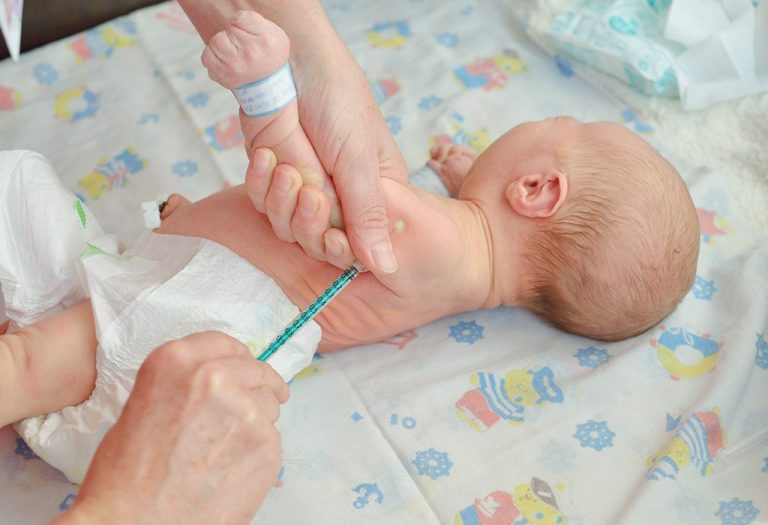
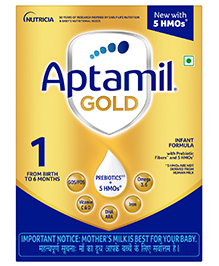

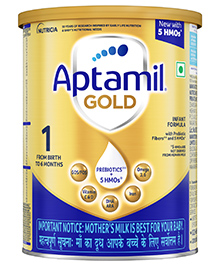

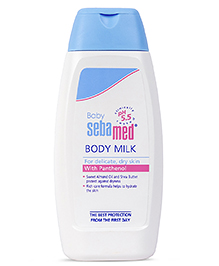


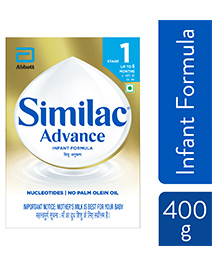
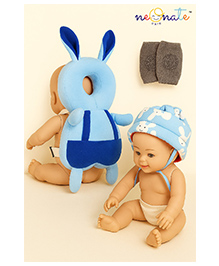

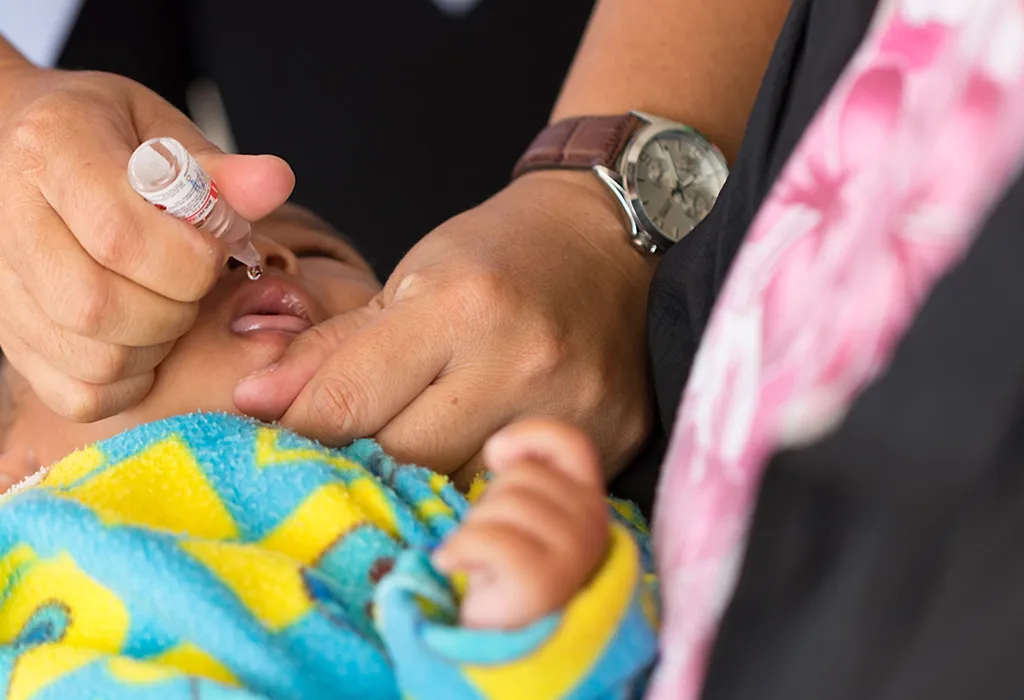


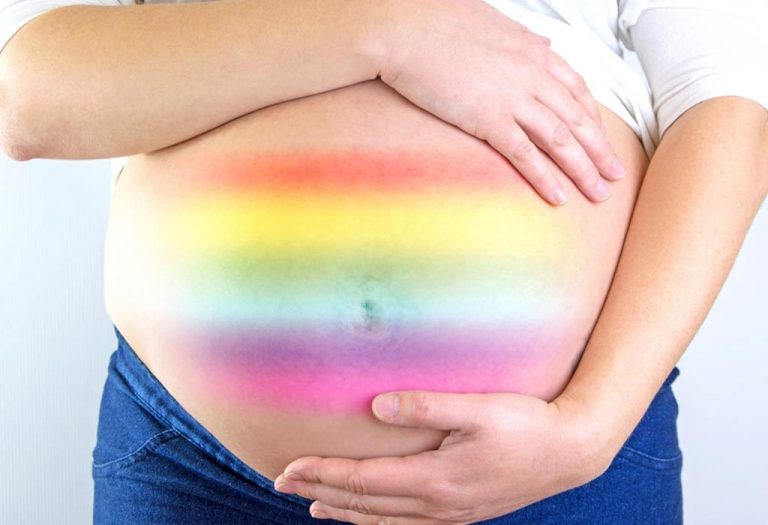


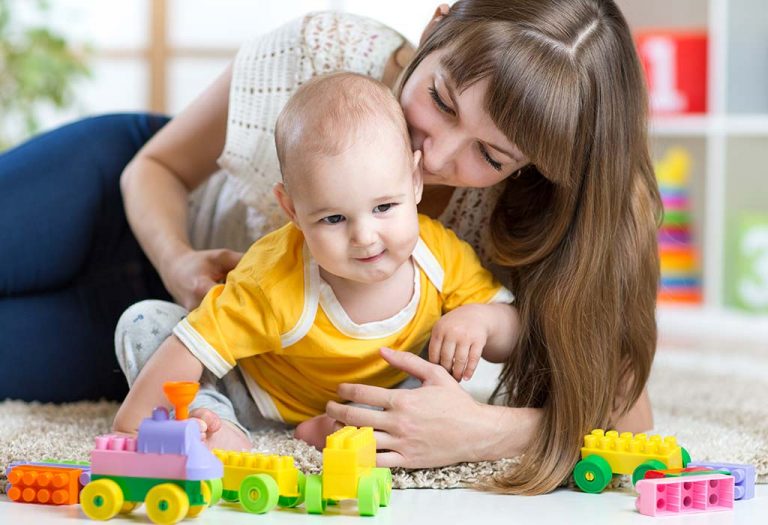

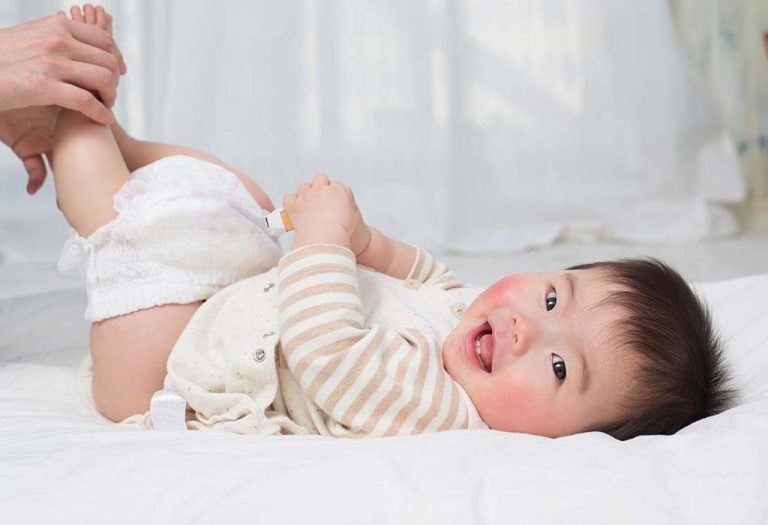

.svg)


















